Both the Environmental Services Association (ESA) and the Association for Renewable Energy and Clean Technology (REA) told letsrecycle.com the tax would impact some larger plants.
Expressing some concerns, the ESA warned the new taxes must be “applied carefully” to avoid “market distortions or perverse outcomes”.
Elsewhere, one waste sector expert told letsrecycle.com there would be support for the scheme, as the energy from waste (EfW) market was “clearly dysfunctional at this stage as all other power producer prices rose even though their feedstock remained unchanged”.
Budget
In his autumn budget, Jeremy Hunt announced a new, temporary 45% levy on “low-carbon electricity generators” from 1 January.

The Treasury said Russian president Vladimir Putin’s “weaponisation” of gas supplies to Europe had pushed energy prices to record levels, allowing some renewable electricity generators in the UK to realise “extraordinary returns” from selling electricity “at a price that has been inflated by costs to which they are not exposed”.
As such, the Treasury says the new levy will apply to “groups generating electricity from nuclear, renewable and biomass sources who are benefitting from a significant increase in the price received for their output without a corresponding increase in the costs of generation”.
The Treasury forecasts the levy will raise £14.2 billion between 2022 and March 2028.
When asked if the levy would cover electricity generated via landfill gas, anaerobic digestion (AD) plants or EfW facilities, a Treasury spokesperson told letsrecycle.com: “This only applies to generators who created 110 gigawatt hours and have £10 million of in-scope profit.”
The in-scope profits cover electricity sold at or above £75 per megawatt-hour (MWh).
‘Essential function’
Jacob Hayler, the ESA’s executive director, says the waste sector “understands the need” for the government to “plug the country’s budgetary black hole” and support households financially.

Mr Hayler said the ESA also understood the desire to levy a windfall tax on energy generators, including landfill gas, AD and EfW. However, he expressed some concerns about the new tax.
“These facilities are unique in the UK’s energy mix in that, first and foremost, they provide an essential waste treatment function for local communities and produce electricity and, in some cases, heat as a by-product,” Mr Hayler said.
“A significant proportion of the revenues from these energy by-products flow back to local councils for reinvestment into council services – so further taxing these revenues is simply robbing Peter to pay Paul and could leave individual councils millions of pounds a year worse off.”
He added: “Unless applied carefully, new taxes on revenue from energy from waste could weaken the competitiveness of the UK waste market, impact the essential sanitary service EfW plants provide by increasing waste exports, and undermine investment in domestic jobs and infrastructure.
“Any new taxation on energy from waste power must be applied in a suitable manner that doesn’t lead to market distortions or perverse outcomes – affecting other public services upon which households also rely.”
‘Wrong signal’
The REA also told letsrecycle.com it believed the tax covered AD but said “very few if any” plants were large enough to qualify, given “the threshold is reasonably high”. An REA spokesperson said they were not expecting a “huge impact” on the AD market.
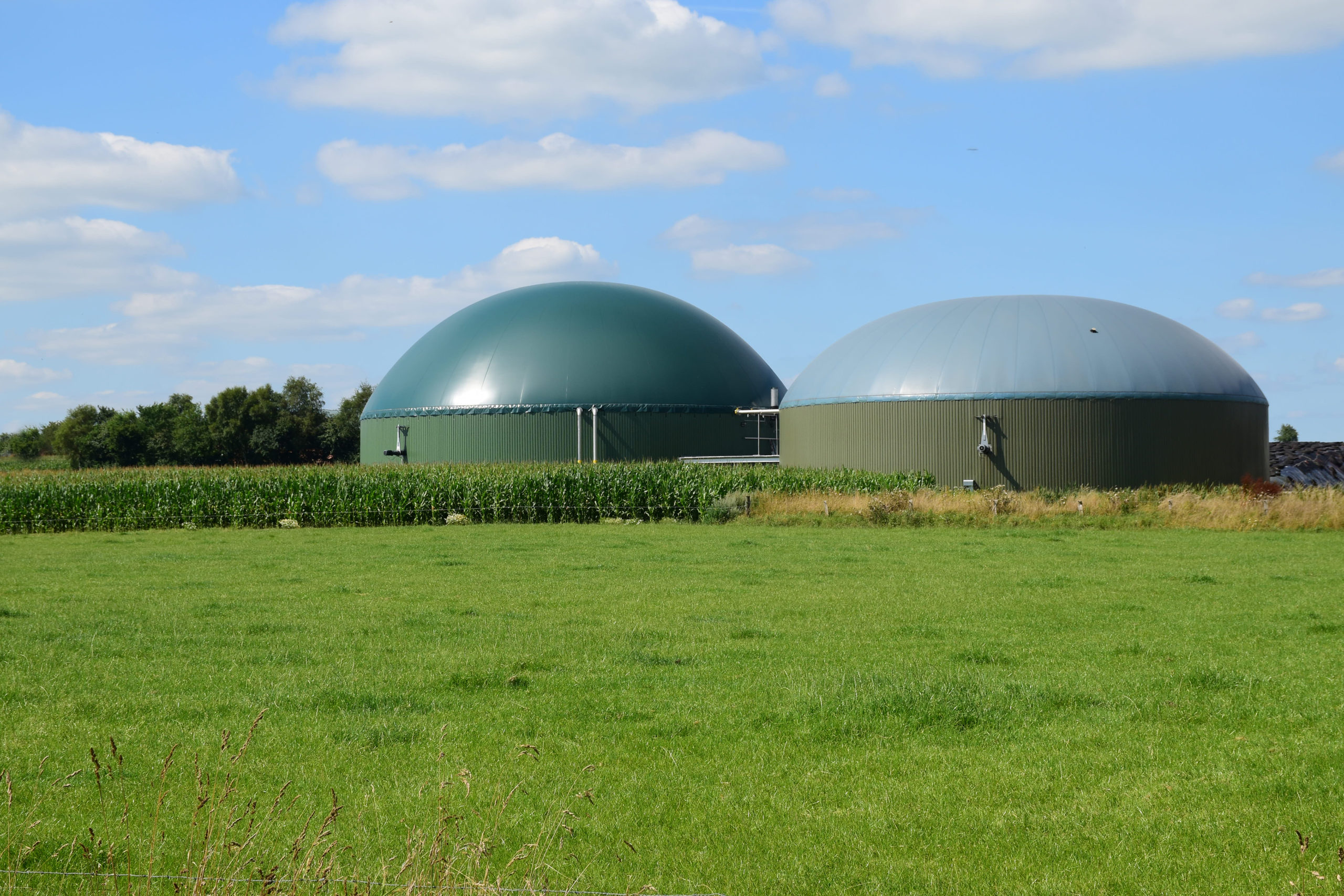
However, the REA said the government had sent the “wrong signals” to investors with renewable energy taxes which “compare unfavourably with the oil and gas sector”.
The REA pointed to gas-fired plants receiving no additional levy, “due to higher input costs.” Renewable generators are also experiencing rising input costs, the REA claims, such as soaring prices for feedstocks such as pellets and waste.
Businesses in the renewables industry want to play their part in solving the current economic crisis, the REA says, but “such disparities could harm future investment in cheap, green energy”.
The REA urged the government to provide tax relief for low carbon investments to help stabilise energy prices and offer long-term energy security.
‘Punishing’
In a statement, Frank Gordon, the REA’s director of policy, said: “While the REA and its members recognise the immense economic challenges facing this country, we would question the wisdom of subjecting the cheaper, greener renewable power sector to a more punishing tax system than its oil and gas counterparts.
We would question the wisdom of subjecting the cheaper, greener renewable power sector to a more punishing tax system than its oil and gas counterparts
– Frank Gordon, the REA’s director of policy
“We note the exemption for smaller sites, but I would strongly urge the government to fix this disparity as there is a strong need for tax relief for low carbon investments to help stabilise energy prices and offer long-term energy security.
“This is crucial for getting investments in renewables moving again following the pause that resulted from the last few months of political and policy uncertainty.”
‘Cash cow’
By contrast, one sector expert told letsrecycle.com there would be support for the tax from those not directly impacted, as EfW plants are benefitting from high prices, he explained.
He said: “The market was clearly dysfunctional at this stage as all other power producer prices rose even though their feedstock remained unchanged, with the consumer paying the price for all this.
“Energy from waste producers were overnight cash cows providing they were exposed to market price movements and not fully hedged in.
“I am therefore supportive of these measures even though it is never good when governments intervene with so-called free markets.”




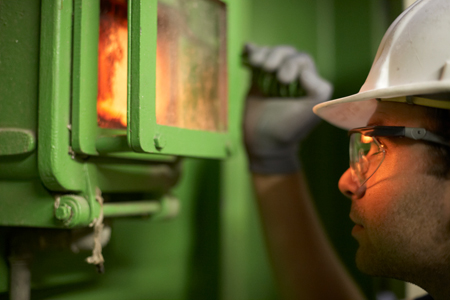

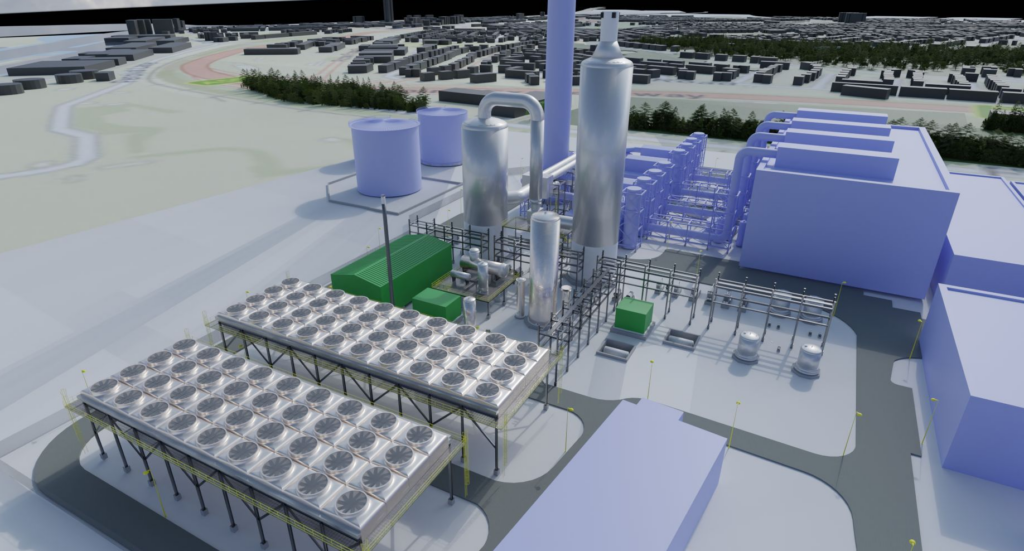
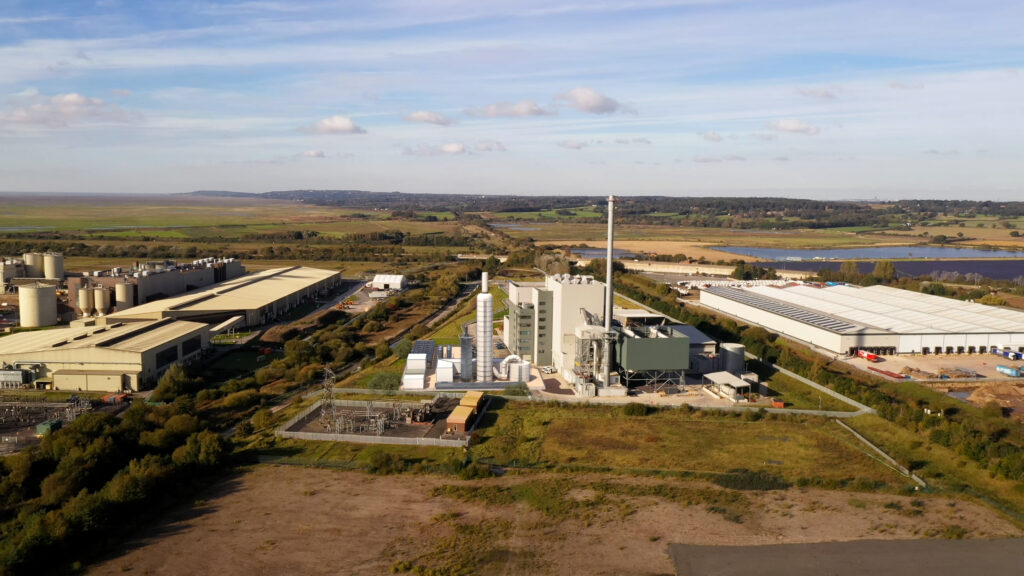
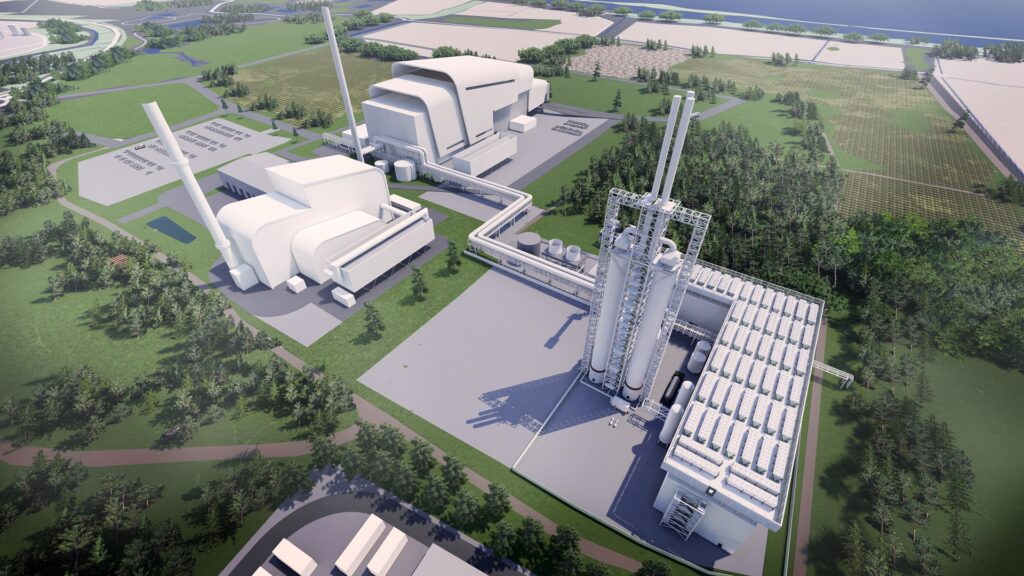


Subscribe for free